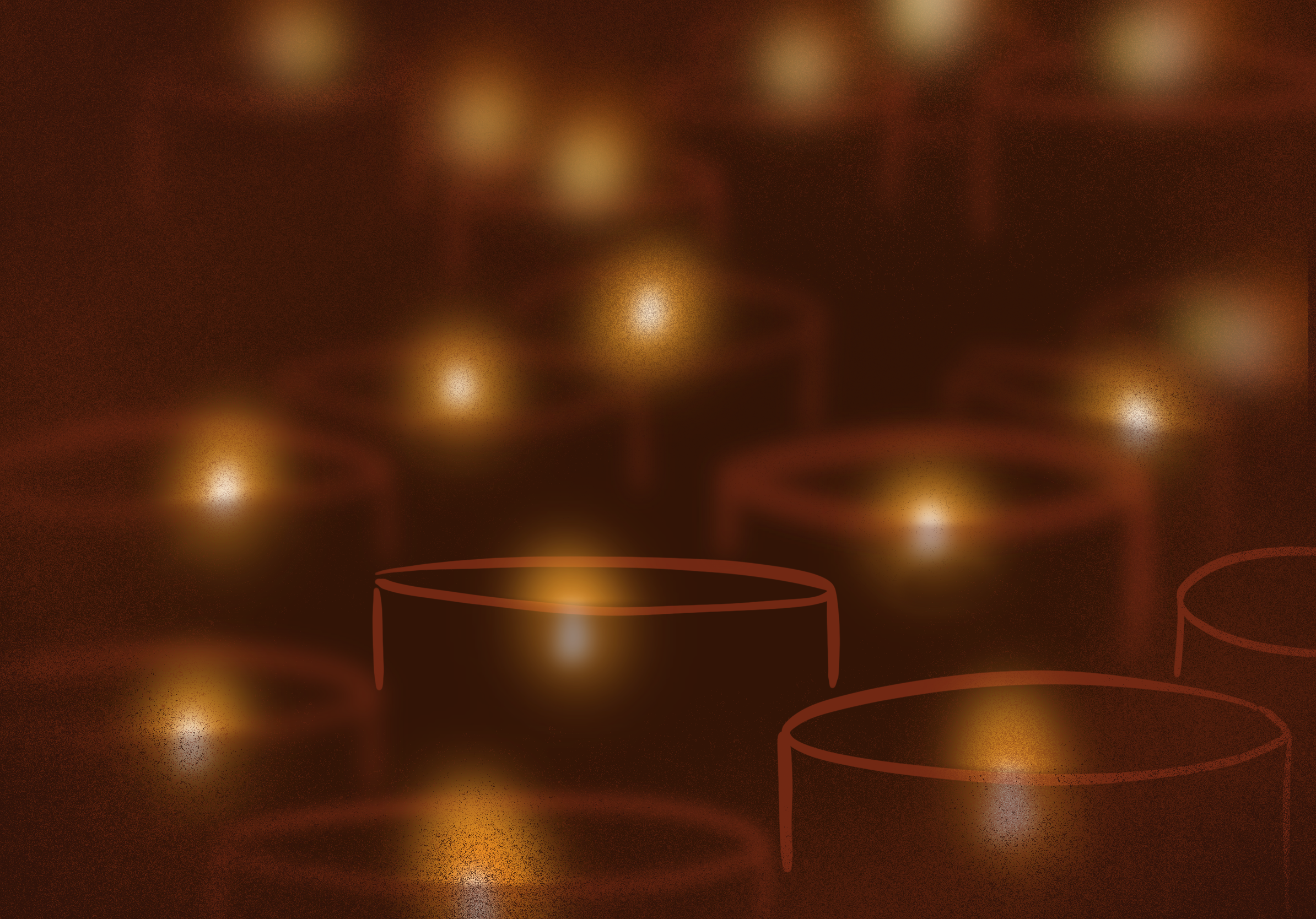Anti-Asian violence is more than just a few isolated cases
It’s very rare for me to tear up when reading the news — as a journalism student, I have headlines for breakfast and newscasts for snacks. But just last week, I came across a CTV News article that mentioned a man who killed two Asian individuals in September after plowing through them with his car.
This happened in broad daylight. The police asserted that these crimes weren’t racially motivated, that the victims had been hit “at random.” But what really affected me was that these murders occurred blocks away from my mom’s house; a street my sister and I biked on every summer growing up was the site of 50-year-old cyclist Gérard Chong Soon Yuen’s death.
The same day I read this story, I had my mom on the phone. I told her to be careful and not to leave the house unless she absolutely needed to. She told me the same, thinking I was worried about COVID. I wasn’t.
I’ve spoken before about the model minority myth and how its toxicity breeds a culture of indifference towards anti-Asian violence. For decades now, the contrast between the treatment of white and East Asian people hasn’t been stark enough for our society to acknowledge the correlation between crimes against people of our race and the discrimination they face.
This leads to international media outlets shamelessly publishing articles headlined with variations of “Why is anti-Asian racism on the rise in the U.S.?”
But even worse, it causes the police to dismiss acts of violence as isolated incidents instead of facing what they truly are: manifestations of our society’s disbelief in racism, and particularly anti-Asian racism.
What really breaks my heart is this: what do you tell your community after the cops close an investigation into a series of assaults where the victims were all Asian and choose to deliberately ignore the fact that race was the one common tie between all these cases?
South Korean journalist SuChin Pak recently published a detailed account of the time a colleague of hers at MTV said, while watching her present the news in a room full of people, that Pak looked like a “‘me sucky sucky love you long time’ whore.”
For months, she fought to have this man removed, a scary and anxiety-inducing endeavour for a young journalist who wasn’t used to having to stand up to workplace discrimination. She stopped showing up to work and hired a lawyer, yet still faced pushback from the network’s administration, who tried to negotiate and get her to back down.
She didn’t. And after months, she was handed a letter from the man asking her one last time to reconsider.
“One last attempt was made,” she said, “to ask me to swallow my dignity, my identity, my rage to make a white man feel like he was still [okay], loved and respected … I was reminded once again, by the white male executive, that someone’s livelihood was on the line, that I was somehow responsible for that.”
I’m still dumbfounded by the lengths organizations go to protect the egos of people who clearly perpetuate toxic racism in the workplace. And every time, the very individuals who have been made to feel small and alienated are the ones who have to prove they are worthy of basic decency.
What I found especially relatable about Pak’s story is her mention that this experience didn’t make her feel strong or empowered or courageous. The whole time, she was filled with self-doubt and fear; the only thing that kept her going was the feeling that she needed to.
It’s scary to speak up. It’s scary to defend your honour. It’s scary to actively protest racist treatment in a society that gaslights Asian people into thinking they aren’t discriminated against and have no right to call out their oppression.
And it’s not an immediate process. It takes months, years for us to even see a glimmer of change. The Montgomery Bus Boycotts initiated by Rosa Parks’ refusal to give her seat up to a white person lasted 381 days. It took decades until the suffragette movement’s protests bore fruit and granted them the permission to vote, a struggle which dragged on even longer for women of colour.
These are issues that today are seen as blatant violations of human rights. So how long will we have to endure degrading treatment that is invisible to a majority of people? How long until anti-Asian hate crimes are finally considered legitimate enough for police to even consider as motives for violence? How many more Asian people are going to be assaulted and killed at the hands of the “model minority” label and the denial of Asian discrimination?
Changing a whole society’s mindset about race requires constant efforts by those who are negatively impacted by it. It’s tiring, time-consuming, and more importantly a huge privilege to have the education and resources to spend on being an activist — Pak even recognizes how lucky she was to have the leverage and the funds to hire a lawyer and see this battle through.
The white-passing appearance my mixed race heritage has “endowed” upon me hasn’t sheltered me from anti-Asian racism. But the reason I write, speak out, and protest against anti-Asian racism so fervently isn’t because of my personal encounters with it; it’s because I can’t stand knowing that my mom is unsafe in a country she came to with the hope of a better life.
Feature graphic by @the.beta.lab
